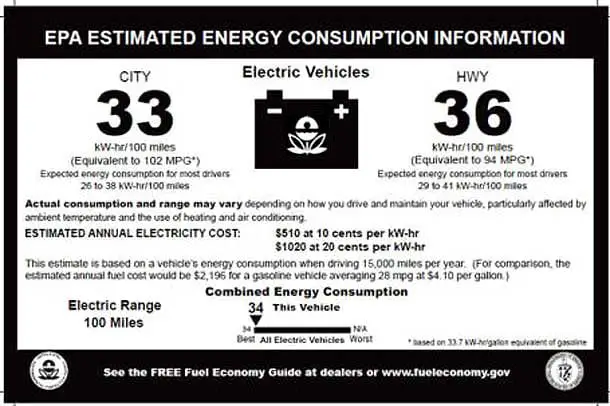
Search continues to improve hydrogen power for vehicles
January 9, 2013The search is on to improve hydrogen for use in FCV or fuel-celled vehicles, with three materials that could make storage and usage affordable, safe, and cost effective.
The National Science Foundation CAREER Award has launched new research into making hydrogen easy and safe for use. The major problem with hydrogen at the present time is to make it safe and efficient, which up until now have been huge hurdles to overcome with this green energy source. Current methods of storage are said to be cumbersome. The most common storage practice now is compressing the gas into a liquid and storing it in large tanks.
Hydrogen’s shaky history
Storing hydrogen in compressed form in holding tanks slows down distribution and can lead to a possibly dangerous situation. Hydrogen was once used as a fuel application, but was deemed to dangerous after a series of high profile accidents, including the Hindenberg crash. At the present time with present storage options, the most vehicles powered by hydrogen can go is about fifty miles, making them inefficient and inconsistent.
The promise of hydrogen power
Hydrogen is already used in some types of vehicles. One notable use is to power rockets. In order to be used in rocket propulsion, the gas is stored in highly pressurized tanks and chemicals are used to keep it stable and to release the hydrogen when heated. This, however, is inefficient and dangerous for the average automobile.
Hydrogen does, however, hold a lot of promise for future uses as an alternative energy source for commercialized vehicles. Hydrogen is the most common element and therefore it is available to all nations equally. Research into hydrogen is heating up and is far superior to fossil fuels in the way of emissions. The only by-product of hydrogen combustion is plain old water.
Three keys to success
Timo Thonhauser, NSF CAREER award recipient of Wake Forest University, will focus on three things in the quest to better storage of hydrogen for use in FCV technology. He will use the $426,000 grant to study alkanes, ammonia borane, and magnesium borohydride as additions that could help create the effective, efficient, and safe storage solutions for hydrogen needed to make it a viable natural resource for renewable and clean energy.
Mr. Thonhauser hopes to use the above three options for condensed and safe storage of hydrogen like never before. The hopes are that they gas will go in and out of one or all of these at a high rate making it an efficient way to power a vehicle. He says that though water is full of hydrogen, it is hard if not impossible to get it out in a way that is cost effective to directly run a vehicle, but hopes are high that another compound will produce much better results.



 With over 15 years of reporting hydrogen news, we are your premier source for the latest updates and insights in hydrogen and renewable energy.
With over 15 years of reporting hydrogen news, we are your premier source for the latest updates and insights in hydrogen and renewable energy.